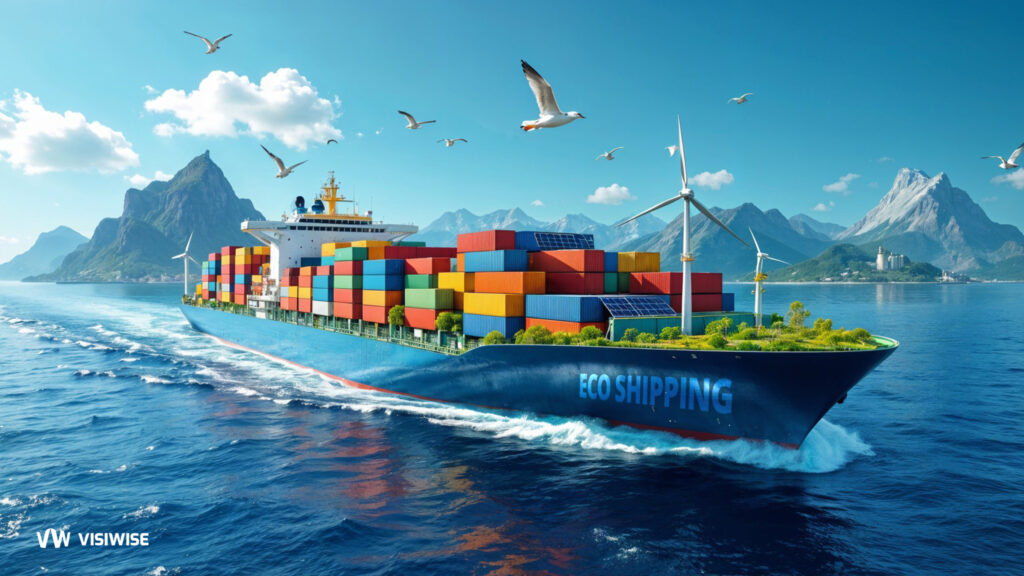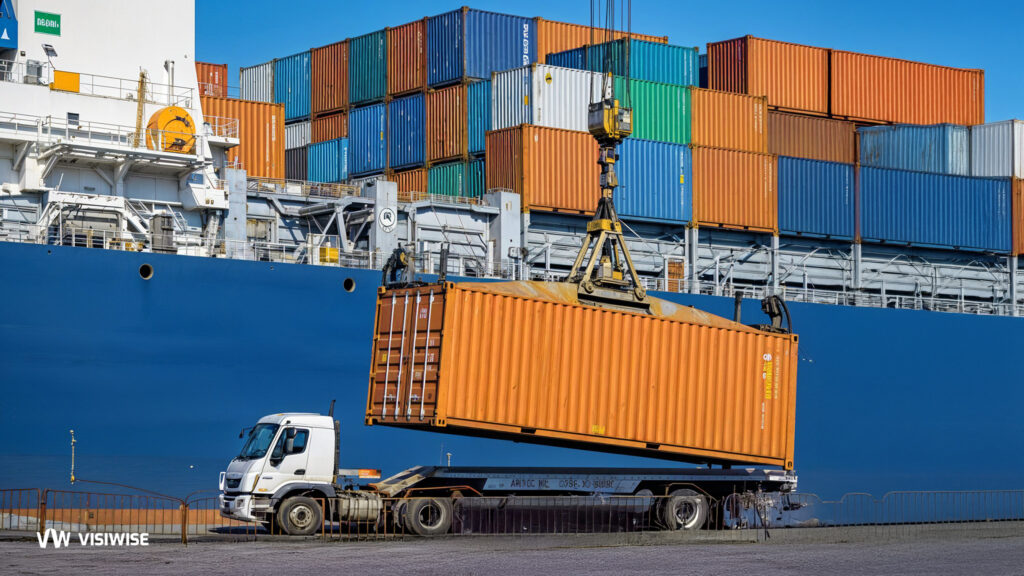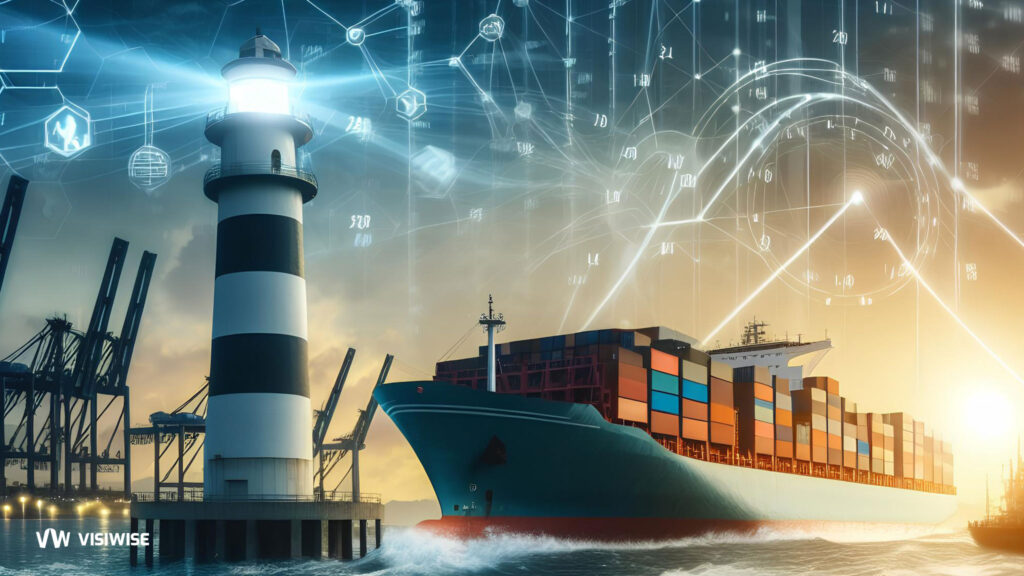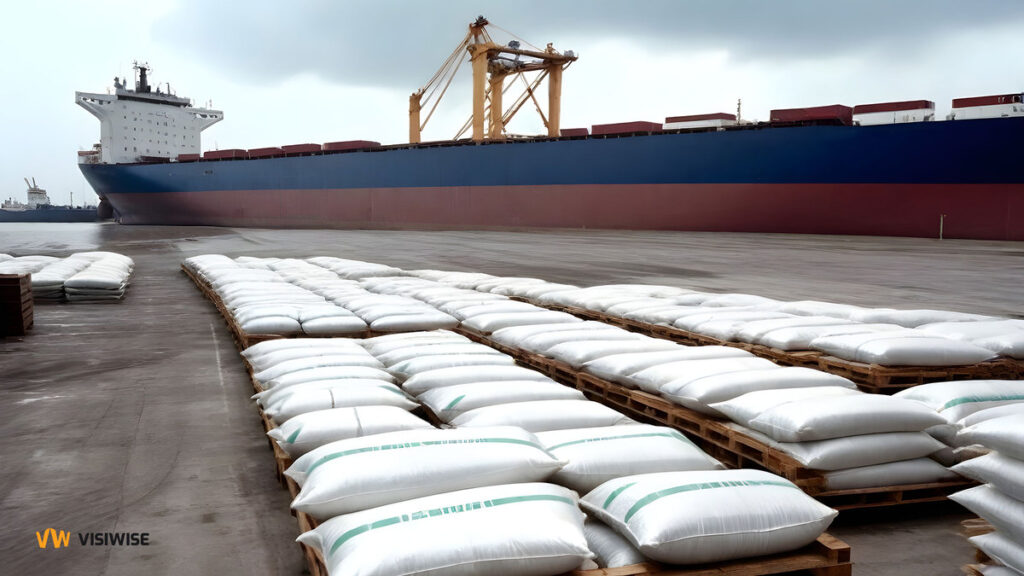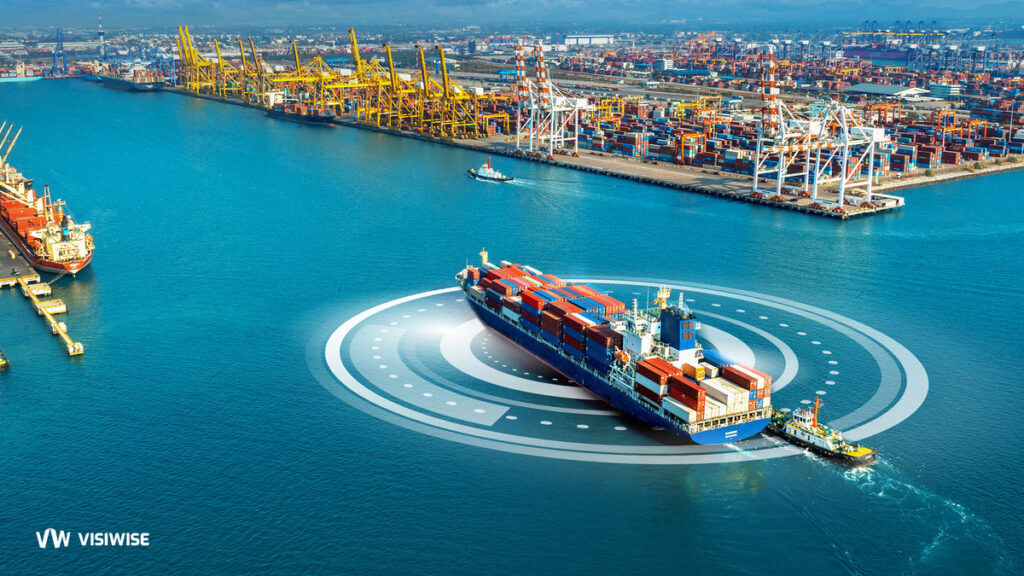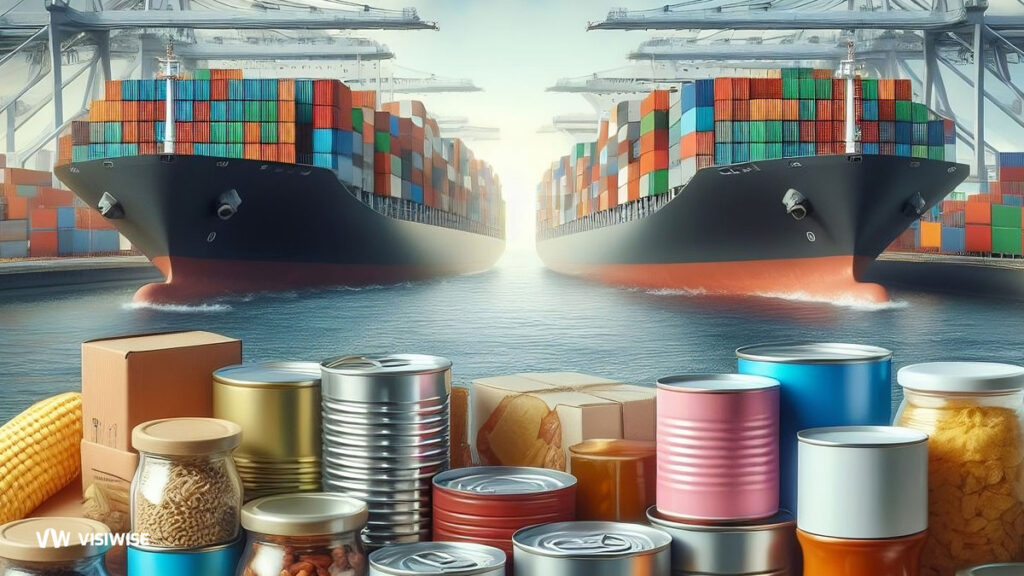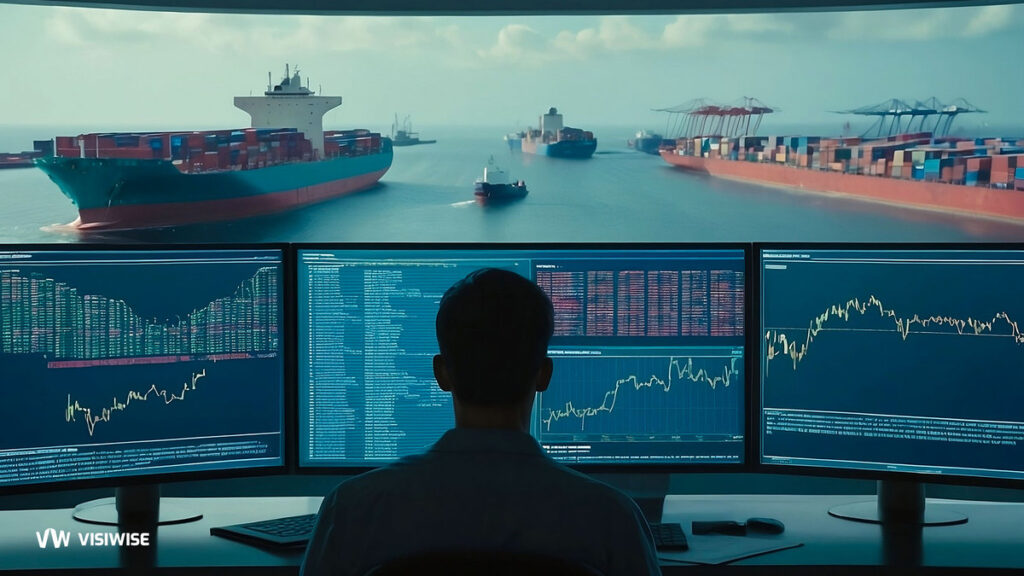Discover how many containers are lost at sea each year and why it happens—from rogue waves and storms to human error. Explore real incidents like the ONE Apus and uncover the hidden risks of global shipping.
Sustainable Shipping: The Maritime Industry’s Crucial Shift Toward a Greener Future
Here in this blog post we are going to talk about the importance of sustainable shipping and how it impacts the environment.
How Long Does It Take to Unload a Container Ship?
In this article, we will explore the process of unloading and how the ports of the world cope with this critical work.
Preserving Freshness: The Journey of Perishable Goods from Harvest to Plate
In this article, our focus delves into the intricate journey of fruits, vegetables, and frozen and chilled meats, tracing their path from the moment they are harvested to their arrival at the consumer’s doorstep.
Shipping Dairy Products: From Cold Chain Solutions to Packaging Tips for Freshness
This comprehensive guide provides insights into dairy shipping, including its advantages, methods for shipping dairy products, and key considerations for selecting an appropriate shipping service.
Exploring Green Shipping Initiatives and their Benefits
this article will explore the role of biofuels as a potential solution to mitigate GHG emissions in the shipping industry.
Charting the Course: Enhancing Maritime Operations with Vessel Tracking and Visibility Platforms
. In this comprehensive guide, we’ll explore the various methods and tools available for tracking vessels, including containerships, and delve into the benefits and applications of vessel tracking in the maritime industry.
Global Grain Dispatch: Streamlining Rice Exportation and Shipping Processes
This article will delve into a thorough examination of rice, covering its various types, the exportation process, and the intricacies of shipping, including documentation.
Transforming Supply Chains: The Impact of Blockchain Technology on Visibility in the Shipping Industry
This article explores the transformative potential of blockchain technology in fostering greater visibility within supply chains and its specific impact on the shipping industry.
Terminal Tracking: A Comprehensive Guide from Zero to Expertise
Terminal tracking involves overseeing the movement and status of shipments within a terminal facility. Businesses can initiate terminal tracking by employing advanced tracking systems and technologies like RFID, GPS, and telematics. The integration of these tools into a cohesive tracking platform facilitates real-time visibility into the entire logistics process.
Non-perishable Foods: A Concise Overview from Production to Preservation and Transportation
The Power of Data: Revolutionizing Logistics through Analytics
In this article, we’ll discuss the role of data analytics in logistics, delve into the concept of big data, and explore its impact on supply chain management

